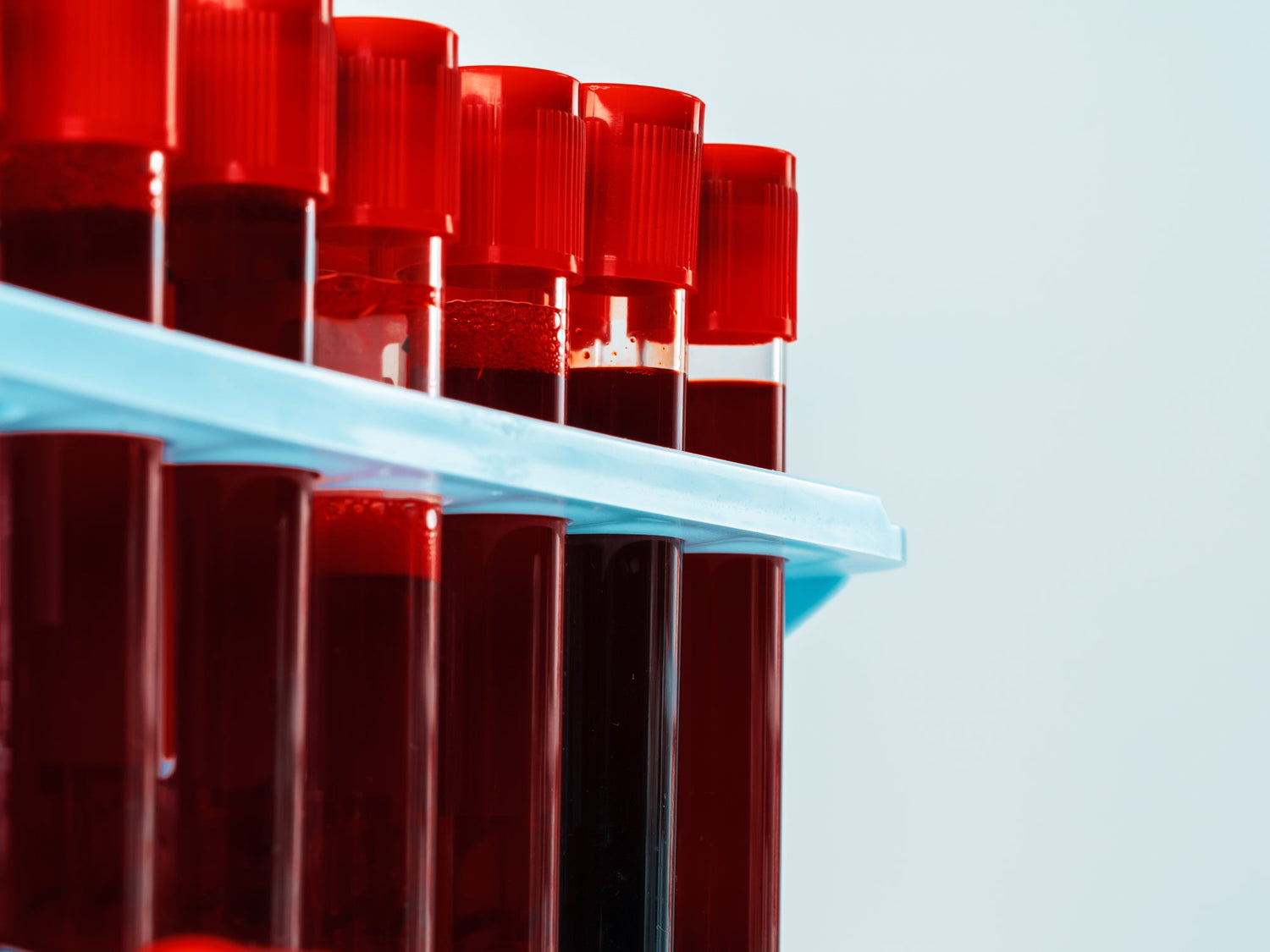Our blood tests are an essential tool for detecting health problems, preventing diseases, and monitoring our overall health. As we age, our bodies change, and so do our health risks. Therefore, it's vital to know what your blood tests reveal during different stages of life. In this blog post, we'll guide you through a basic understanding of blood tests, including what they are, which ones you should know, and what they reveal about your health at different ages.
Blood tests are essential, medical evaluations that provide a comprehensive overview of your body's internal functions. When you undergo blood tests, your physician will examine several components. These components include complete blood count (CBC), glucose, lipid (cholesterol, and triglycerides), kidney function (BUN, creatinine), liver function tests (ALT, AST, and enzymes), and thyroid function tests that may be ordered. Each test provides unique insights into your body, which helps your doctor determine what treatment you may need.
Adolescence, 20s, 30s, and 40s
In younger ages, children undergo routine blood tests to monitor potential infectious diseases, growth and development, and nutritional deficiencies. As children move towards adolescence and young adulthood, blood tests help monitor glucose levels, and lipid levels. The recommended age for regular blood screening starts at 20 years. During the 20's, 30's, and 40's, doctors may focus on detecting risk factors for heart disease and high blood pressure. Men in their 40s should have their cholesterol and blood pressure checked regularly. They should also have testosterone testing, if clinically indicated.
50s and 60s
In your 50s and 60s, doctors may also monitor kidney function tests and consider testing for diabetes. Women going through menopause may also have their hormone levels monitored and undergo a complete blood count. As for cancer screening, women aged 50 to 74 should have mammograms every two years. Men and women in their early 50s should have their colon screenings. Age and health history can influence cancer screening recommendations, so make sure to talk with your doctor for personalized recommendations.
70s
In your 70s and beyond, your doctor may provide even more attention to your blood tests and health overall. This attention may include monitoring for liver function tests, which test for liver diseases. They may monitor kidney function to screen for disease, especially if you're on prescription medication. Additionally, doctors may recommend you receive an annual flu shot and a pneumonia vaccine.
Blood tests during different ages have specific purposes, and can uncover different information and risks. Regular blood tests are necessary to understand your overall health and detect any concerns early on, allowing timely interventions that can optimize your health and wellbeing. Therefore, it's essential to meet with your doctors regularly and discuss any changes in health, activity, or emotional needs that you may have. By staying on top of these critical issues, you'll be able to catch any potential health issues early, thus, improving your overall health and longevity.





Leave a comment
This site is protected by hCaptcha and the hCaptcha Privacy Policy and Terms of Service apply.